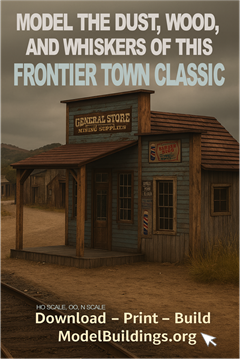Everything on model trains, model railroads, model railways, locomotives, model train layouts, scenery, wiring, DCC and more. Enjoy the world's best hobby... model railroading!
Volt/Amp Monitor For Measuring Locomotive Load Requirements
Rich models HO scale and posts this question for readers:
“I am considering a purchase of an inexpensive, Chinese monitor to see the outputs of my MRC Tech II 2400 as well as load required by my locomotives. The unit I like provides Voltage measurement range of DC 0-100V, Current measurement range of 0-10A and the Power supply needed is DC 7-12V
I assume the voltage and amps come off the power unit’s Variable DC outlets and the power supply needed for the monitor comes off the Non-variable DC. Are there other alternatives anyone can suggest? Thanks in advance.”
Please add any suggestions below to assist Rich.
Please note – Readers are responsible for ensuring the safety of anything electrical and should seek specialist electrical advice when required.















The best one i have found does both DC and DCC its from DCC Concepts called the alpha meter, See link. https://www.dccconcepts.com/product/alpha-meter-for-dc-or-dcc/
Thanks.
If you mean one of those small red & blue panel mount displays, then there are a couple of useful wiring diagrams on eBay including this seller: https://www.ebay.co.uk/itm/353785346516?mkcid=16&mkevt=1&mkrid=711-127632-2357-0&ssspo=nTY2JwEaSkq&sssrc=2047675&ssuid=R1iToffeQuG&widget_ver=artemis&media=COPY. It sounds like your proposed wiring is OK and you would insert the meter into the negative track feed from the controller. It is also possible to use these without a separate power supply if you want to permanently wire it into your track feed – there is a wiring diagram for this on the link I gave – although I’ve had mixed results doing this. The only thing to bear in mind however you connect it is that polarity is important so it will only work in one direction. I hope this helps.
Thank you. Helpful link I hadn’t seen before.